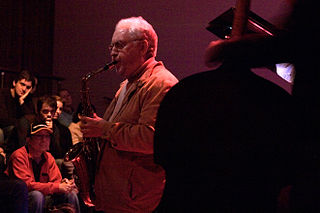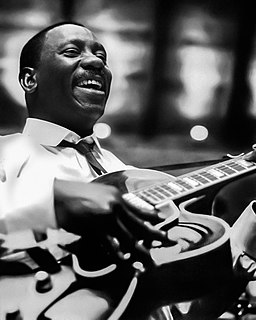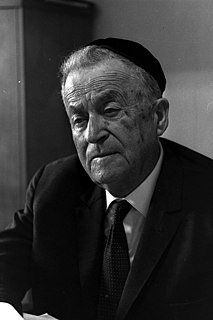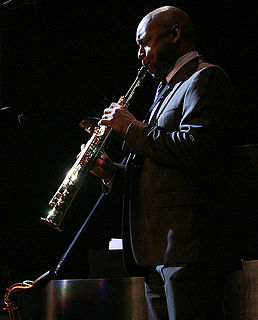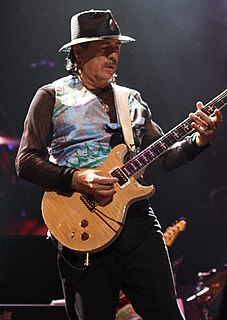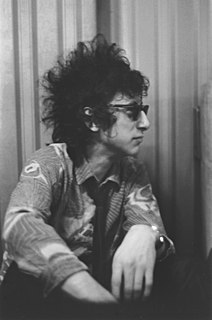A Quote by Lee Konitz
I hear many extra-musical things somehow in Coltrane.
Related Quotes
You know, John Coltrane has been sort of a god to me. Seems like, in a way, he didn't get the inspiration out of other musicians. He had it. When you hear a cat do a thing like that, you got to go along with him. I think I heard Coltrane before I really got close to Miles [Davis]. Miles had a tricky way of playing his horn that I didn't understand as much as I did Coltrane. I really didn't understand what Coltrane was doing, but it was so exciting the thing that he was doing.
I'm aware of Yusef Lateef and Sun Ra and John Coltrane. My music cup runneth over. I try to encourage people: don't cut anything off, don't limit yourself. Give it a good listen: you might find something in that goofy Sun Ra noise, that dissonance. Before I learned 'official musicality' - which you should avoid at all costs - I listened to some Sun Ra and Yusef Lateef and John Coltrane and that's where 'Journey to the Center of the Mind' came from. When you intentionally and aggressively pursue musical communication with those powerfully impactful musical geniuses, you will pick up something.
My sheets had never been so clean as they had in the past few months. I hardly got them on again before something else happened and I was feverishly ripping them off and stuffing them in the wash with double amounts of soap and all the "extra" buttons pushed: extra wash, extra rinse, extra water, extra spin, extra protection against things that go bump in the night.
